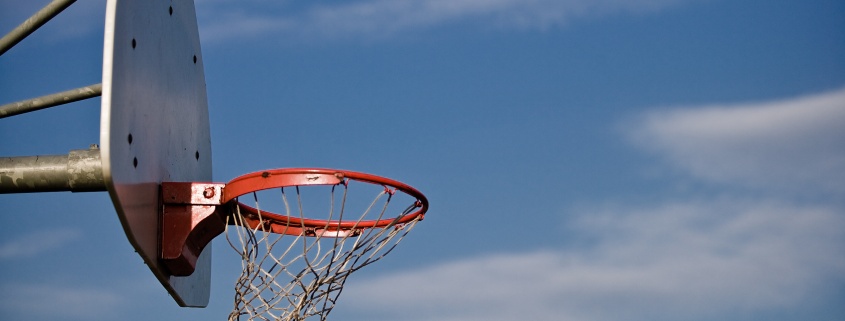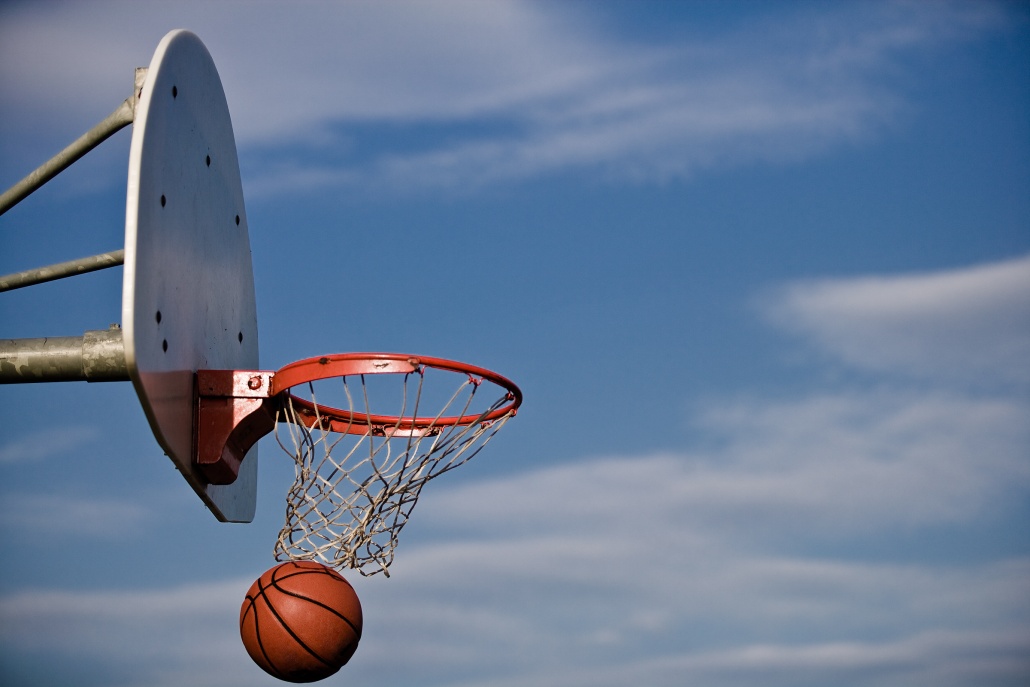Why casual play absolutely still matters
By Ibrahim Abdul-Matin
I fear that my children’s involvement in sports will be too prescriptive, too structured, and with too little adventure. Just this weekend, my wife and I were discussing how to develop a sense of healthy competition and strong work ethic in our sons. For my brothers and I, sports was key. But in today’s hyper parenting, super urban and suburbanized world, entrée into sports is usually through an expensive program or a time consuming league. The days of pick-up ball on the playground or in someone’s driveway seem to be over.
My father-in-law often recounts the days of impromptu wrestling matches on the streets of Hyderabad, India. He immigrated to the USA in the 1970s, established himself as a talented engineer in the automotive industry, built a home, a family, and became a pillar of his community. When you ask him about his childhood and what he remembers and misses the most, he flexes his muscles and emphatically talks about his days as a wrestler. There was no wrestling league, no afterschool program in Hyderabad. But there were youngsters, trolling for harmless trouble, just to create the opportunity for wrestling matches with ancient rules. The more I hear his stories of curiosity, competition, and resilience, all stemming from his wrestling adventures, the more I’m able to understand his strong character and his ability to leave his home country for another. Despite his small frame, he has the powerful build of a natural wrestler. Despite the obstacles and barriers for an immigrant in the USA, he created a life worthy of emulation.
I used to live in the western foothills of the Catskill Mountains in upstate, New York, three hours north of New York City. My family’s home was on Kipps Hill and overlooked the Susquehanna River. Nearby was the Golden Valley Basketball Camp where I worked in the kitchen in order to attend the camp for free. This is the first place I met an NBA star – Chris Mullin. But summer was not the season where I developed my athletic skills. It was in the wintertime, when the camp’s multiple courts were empty, that my buddy Andy and I would shovel enough space to play some solid one-on-one. Bundled up in hats and scarves, we played game after game, each of us looking for supremacy.
Researchers of the Sports and Fitness Industry Association have defined this – impromptu, unstructured, and child-led play – as “casual play.” In the past 5 years, casual play has dramatically declined. Casual play is proven to produce higher levels of physical activity than organized sports. Additionally, casual play, because motivated by the child, helps develop mental and emotional resilience alongside the physical. Children are more likely to push themselves in an area of interest that they self-determine. The exploratory skills my father-in-law developed as a youngster wrestling in India and the work ethic I developed when working in the kitchen and shoveling snow simply to play ball, might be lost in subsequent generations of kids where jerseys and matching equipment take precedence. For my father-in-law and me, “casual play” was a major part of adventure and self-discovery.
I had the pleasure of reconnecting with my friend Andy recently. I wrote to him, “I can honestly say that I never thought about going to the NBA or anything like that — I just wanted to compete. You were fast and had skills and it was a lot of fun.” Andy responded, “I’m doing some research, trying to dig more into this topic of whether or not kids are out there playing like we did. Shoveling courts from snow, rain, shine, it didn’t matter we just wanted to play. I would give anything for my kids to do what we did. In all reality, we were staying out of trouble. There was no cell phones to bother us…man….what a different way of life out children are going to have.”
It’s true – our children will have vastly different lives than we had. It’s up to us to make sure they maintain some of the good things from our own childhoods.

















2015
1,124 views
views
0
comments